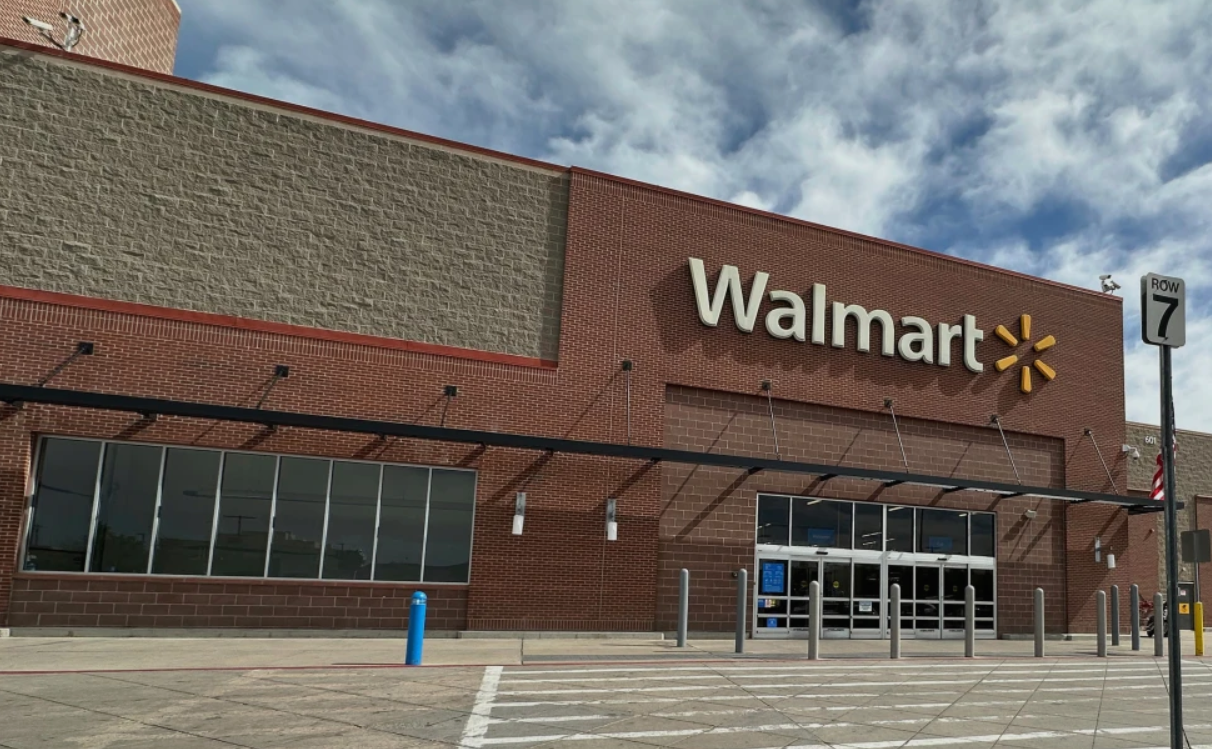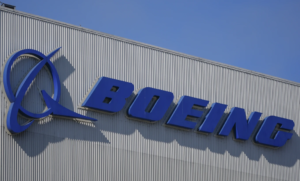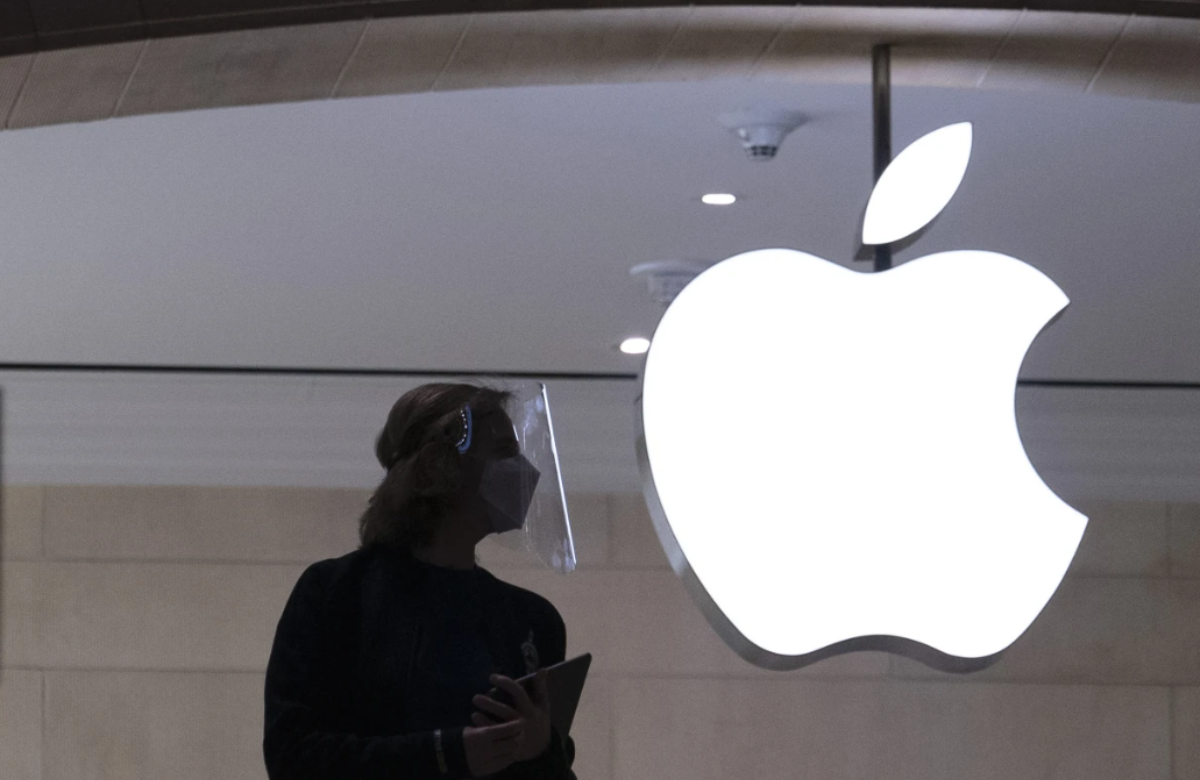On Saturday, former President Donald Trump sharply criticized Walmart on social media, demanding the retail giant absorb the costs from his tariff policies instead of passing them onto consumers.
As part of his broader trade strategy, Trump has imposed steep tariffs on imports, claiming that foreign producers—not American shoppers—would shoulder the burden. Despite his assurances, economists have widely warned that these tariffs could worsen inflation and hurt consumer spending. Reflecting those concerns, Walmart recently warned that prices on items ranging from bananas to children’s car seats could rise.
In a post on Truth Social, Trump accused Walmart of using tariffs as an excuse for raising prices. He argued that the company, which employs 1.6 million people in the U.S. and earned billions in profits last year, should prioritize his economic agenda over profits.
“Walmart should STOP trying to blame Tariffs as the reason for raising prices throughout the chain,” Trump wrote. “Walmart made BILLIONS OF DOLLARS last year, far more than expected. Between Walmart and China they should, as is said, ‘EAT THE TARIFFS,’ and not charge valued customers ANYTHING. I’ll be watching, and so will your customers!!!”
Trump’s message underscores the tough position that many major U.S. companies now face: deal with higher costs from tariffs or risk public criticism from the former president. Trump has issued similar warnings to automakers, despite independent analyses showing that his trade penalties are raising their production costs as well.
So far, Trump’s tariffs have cast a shadow over an otherwise steady economy. A recent consumer sentiment survey from the University of Michigan fell to its second-lowest level on record. About 75% of respondents cited concerns over tariffs and rising inflation.
In April, Walmart CEO Doug McMillon met with Trump at the White House alongside other retail executives to voice concerns about the tariffs. Nevertheless, the administration moved forward, and Trump has publicly targeted other companies such as Amazon and Apple for supply chain issues caused by trade disruptions.
Walmart CFO John David Rainey noted that Chinese-made car seats priced at $350 could soon increase by $100 due to tariffs. “We’re wired to keep prices low, but there’s a limit to what we can bear, or any retailer for that matter,” he said after the company reported strong first-quarter sales.
Recently, the administration temporarily lowered tariffs on Chinese goods from 145% to 30% for 90 days. Trump has also imposed tariffs as high as 25% on imports from Mexico and Canada, citing issues like illegal immigration and drug trafficking, straining relations with those key trade partners.
A general 10% tariff is in place for most countries, as Trump promises new trade deals. He has indicated that a potential agreement with the United Kingdom would preserve that baseline rate.
Beyond consumer goods, tariffs have been placed on cars, steel, aluminum, and may soon extend to pharmaceutical imports. Trump’s fluctuating decisions on tariff levels have created widespread uncertainty, prompting Federal Reserve Chair Jerome Powell to hold interest rates steady until the outlook becomes clearer. Powell has cautioned that tariffs could slow economic growth while pushing prices higher.
On Saturday, Trump again criticized Powell, urging a rate cut despite potential inflation risks. “Too Late Powell, a man legendary for being Too Late, will probably blow it again – But who knows???” Trump wrote.













